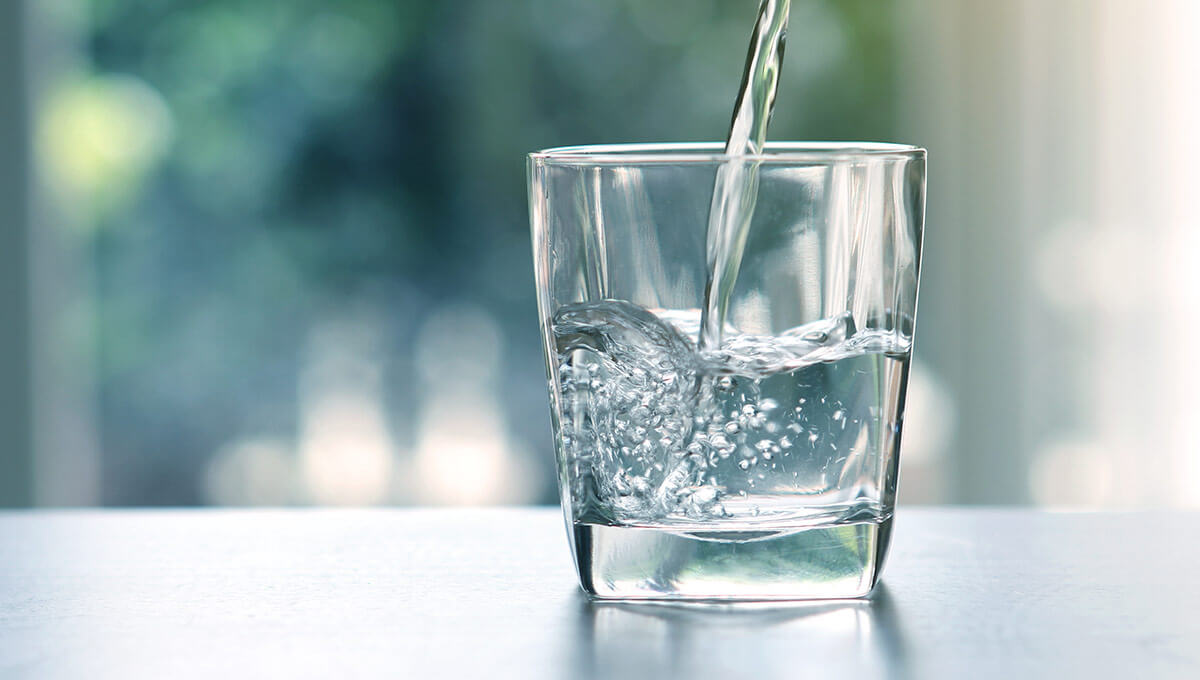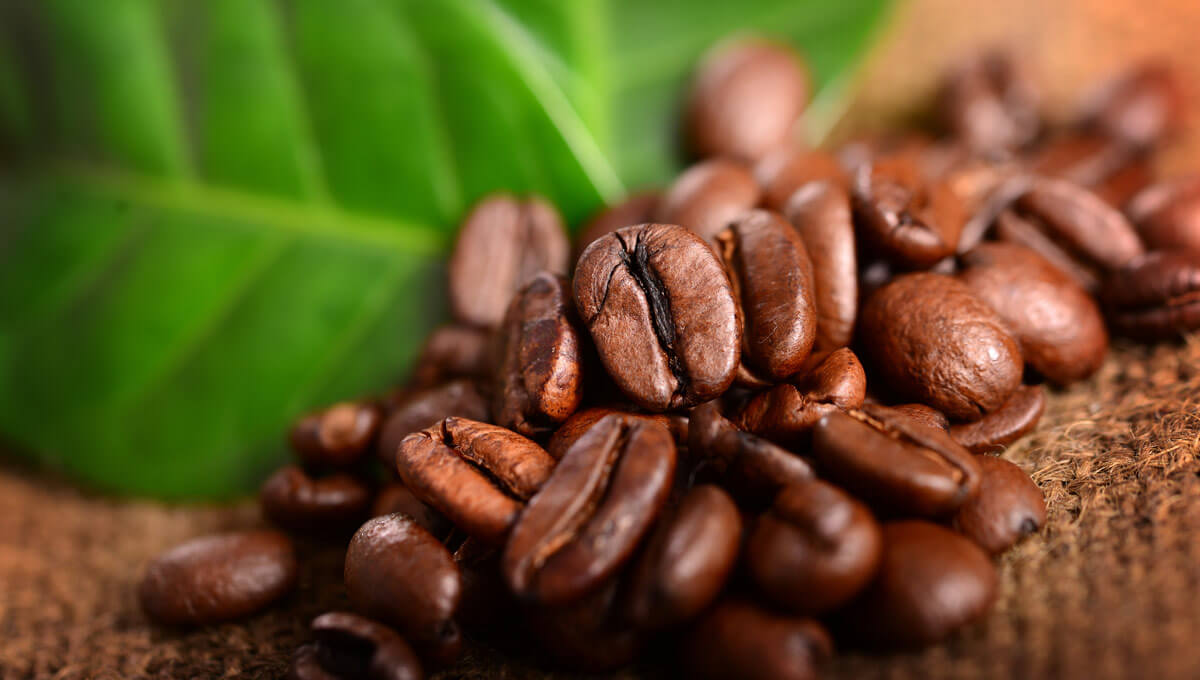
Ways to drink more water

Athletes around the world use caffeine to a greater or lesser extent as a supplement to improve their performance. What is the role of caffeine in training and in what cases will it be used in particular?
Building muscle mass seems to be a simple process. Many beginner athletes, especially those involved in figure sports, perceive this process only through the prism of their daily diet. It is often heard or read on discussion forums that the key to success is the consumption of large amounts of calories. It is hard to disagree with this, but what about exercise?
Trainings aimed at developing a muscular and athletic body require large amounts of energy, and the use of heavy loads can cause a gradual decrease in strength. Caffeine and its role in training for building muscle mass will allow a significant increase in psychophysical endurance by stimulating the nervous system. Its stimulating properties will help to reduce fatigue and maintain an optimal level of concentration in even the most extreme and exhausting situations. What's more, caffeine can have a beneficial effect on increasing endurance during exercise1.
Excessive body weight and accumulated body fat are inextricably linked to poor nutrition. An ill-balanced diet, incomplete food and "junk food" contribute to the deterioration of the body's appearance in a rather straightforward way. Introducing systematic physical activity will certainly lead to an accelerated metabolic rate, but in some cases this may not be enough.
It is for this purpose that personal trainers and nutritionists propose to enrich the daily diet with, among others, different varieties of green tea and coffee. Both products contain caffeine, which role in weight-loss training relates to the increase in metabolism. In addition, it may be beneficial for reducing appetite, and above all, it may promote the aforementioned increase in endurance during exercise. The effect on the nervous system, in turn, will help to reduce fatigue, which in the case of dynamic and intensive weight loss training can often prevail.
Coffee is a drink with a rather strong and distinctive taste, which may prove to be an obstacle for some athletes. Not everyone has to be a fan of coffee, just like the green tea mentioned earlier. What's more, both drinks are recommended to be consumed while warm, and it may not be possible to have them with you while at the gym. It's worth adding that coffee can cause some strain on the liver and stomach, which is unlikely to be conducive to exercise. So, is there an effective way to make use of caffeine and its valuable role in training?
Olimp Sport Nutrition, a long-standing and experienced manufacturer of dietary supplements for athletes, offers products that enable to provide the body with caffeine in an extremely simple and convenient way. The best example is the product called Caffeine Kick - capsules that enrich the diet with an optimal dose of high-quality concentrated caffeine. The supplement, thanks to its convenient form, allows for an easy supplementation, and the optimally selected content of the active ingredient can be used equally during building muscle mass and weight loss. The product was prepared according to the standard of a pharmaceutical company using modern production technology, which ensures full safety and a maximal microbiological purity of raw materials.
1 Declared effect if caffeine is consumed at a dose of 3 mg / kg of body weight an hour before exercise
The information below is required for social login
Sign In
Create New Account